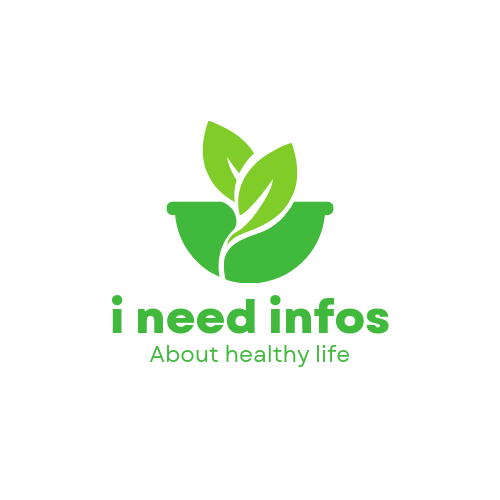The Effects of Milk Consumption in Excess on Your Health
Milk is a common food ingredient used by people all over the world. It is also a rich source of essential nutrients like calcium, vitamin D, and protein and is thought to be good for bones. However, drinking too much milk can have negative health effects, and we acknowledge this in this report.
 |
| The Effects of Milk Consumption in Excess on Your Health |
The Impact of Overeating Milk on Your Health
1.upsets the stomach
Digestion issues are one of the most obvious negative effects of excessive milk consumption since milk includes lactose, a natural sugar that needs the enzyme lactase to be properly digested.
They typically develop lactose intolerance as they age, and excessive milk consumption in these people can result in bloating, gas, diarrhea, and stomach cramps.
If too much milk is consumed in a short period of time, even people who do not have lactose sensitivity may experience mild digestive pain.
2.The weight goes up
Even while milk is a fantastic source of protein, it also contains calories from fat. Overconsumption of milk, especially full-fat milk, can increase calorie intake and cause weight gain.
3.imbalanced diet
Even though milk is packed with important nutrients, excessive consumption might throw your diet's nutritional balance off. For instance, if you drink more milk than you should, you can get more calcium and vitamin D than you need.
These nutrients can build up excessively and cause health issues like kidney stones and calcium deposits in soft tissue.
4.increased risk of acne
According to certain research, increased milk consumption may cause acne. Growth factors and hormones found in milk can influence acne development. Overconsumption of milk may raise hormone levels, which, in those who are already prone to acne, may make the condition worse.
5.a lack of iron
Iron deficiency anemia can result from excessive milk consumption, especially in young children. Milk may prevent the body from absorbing iron from food. For newborns and young children who might rely on milk as their main source of hydration and nutrition, this is a serious worry.
6.bone mass density decline
Contrary to one of its possible advantages due to the calcium it contains, drinking too much milk can have the opposite impact. According to some studies, excessive consumption of animal protein, which includes the protein contained in milk, might cause the urine to secrete more calcium than usual, which over time may damage bones.
7.The risk of kidney stones is elevated.
Overconsumption of milk is frequently linked to excessive calcium intake, which can also cause kidney stones to form.
When there is an excess of calcium or other minerals in the urine, kidney stones and painful solid lumps can develop in the urinary tract.
Having less milk may help lower the likelihood of kidney stones forming.
8.potential connection to some malignancies
The investigation into the link between excessive milk consumption and various kinds of cancer is still ongoing.
Studies have cast doubt on the relationship between a lot of dairy consumption and a higher risk of certain cancers, such as prostate and ovarian cancer.
Other lifestyle factors also contribute to the likelihood of developing cancer; therefore, further research is required to pinpoint precise connections.
9.Risk of allergies
While lactose intolerance is the most common milk-related allergy type, some individuals may have milk allergies.
Milk sensitivity can manifest as beehives, digestive problems, or even severe allergic reactions in extreme cases.
Drinking excess amounts of milk can increase the risk of triggering allergic reactions in individuals with milk allergies.
10.Weakens the teeth
Milk contains natural sugars, and excessive consumption can contribute to dental health problems.
Sugars in milk can interact with oral bacteria, leading to tooth decay if the proper teeth are not kept clean.
11.It lowers the amount of other items consumed.
It's possible that excessive milk consumption will make room in your diet for fewer other essential meals.
To make sure you acquire a variety of nutrients, you should maintain a diverse diet. Getting most of your nutrients from milk may prevent you from experiencing other important food sources.




.jpg)
